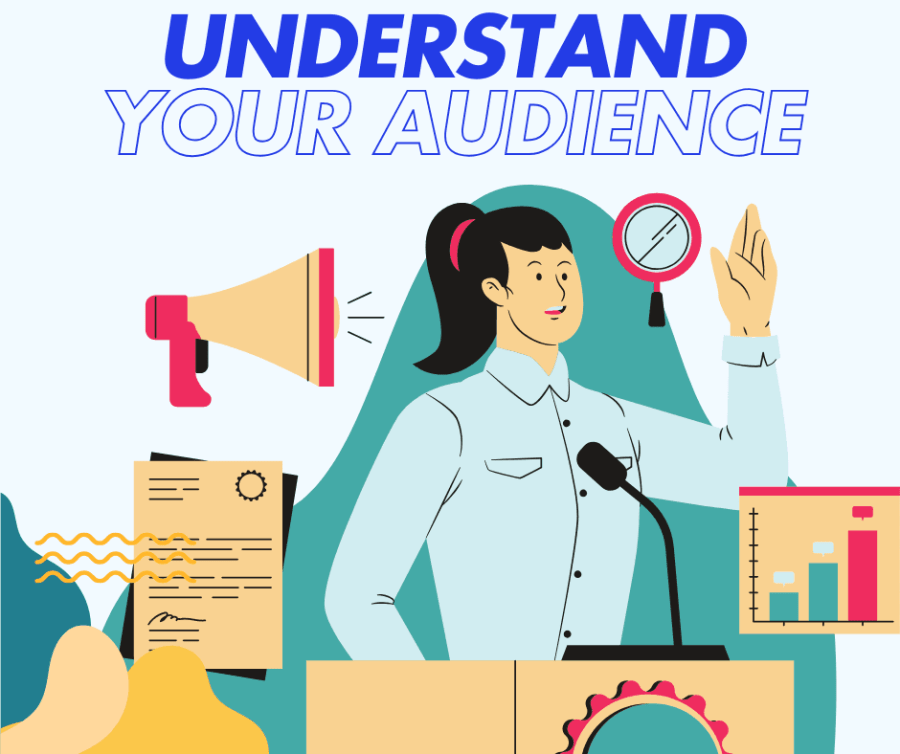Hi there! Are you a small business owner trying to grow online? Choosing the right digital marketing strategies for small businesses can seem tricky, but it doesn’t have to be. Let me guide you step by step to make it simple and easy to follow.
Before moving forward you might also like : Digital Marketing Consultant for Small Businesses: Your Key to Online Success
1. Understand Your Audience to Build the Right Digital Marketing Plan
The best digital marketing strategies for small businesses always start with knowing your audience. Ask yourself:
- Who are my customers?
- What do they need?
- Where do they spend time online?
For example, if your customers are teens, platforms like Instagram or TikTok might be a good choice. For older customers, Facebook or email marketing might work better.

Understanding your audience helps you focus your efforts and avoid wasting time on platforms that don’t work.
2. Set Clear Goals for Your Digital Marketing Campaigns
Before diving into any strategy, decide what you want to achieve. Setting clear goals will help you choose the best digital marketing strategies for small businesses.

Do you want to:
- Get more traffic to your website?
- Sell more products or services?
- Grow your social media followers?
For example, when I wanted more people to visit my website, I used Facebook ads and email campaigns to drive traffic. Knowing my goal helped me stay focused.
3. Choose the Best Platforms for Small Business Marketing
You don’t need to be everywhere. Focus on the platforms that work best for your business. Here’s a guide to help you pick:
- Facebook: Great for connecting with local customers and sharing updates.
- Instagram: Ideal for visual businesses like fashion, food, or crafts.
- TikTok: Perfect for engaging younger audiences with fun, creative videos.
- LinkedIn: Best for business-to-business (B2B) companies.
- Email Marketing: A reliable way to reach your audience directly.

Choosing the right platform is one of the most important digital marketing strategies for small businesses. It helps you save time and money.
4. Create Content That Your Audience Loves
Content is the heart of every successful digital marketing plan. Focus on creating simple, helpful, and interesting content that speaks to your audience.
Here are some ideas:
- Share how-to guides or tips related to your products.
- Post photos and videos showing behind-the-scenes moments.
- Run contests or giveaways to increase engagement.

For example, I once shared a quick video of how I make my products. It got a lot of attention and helped me connect with more customers.
5. Use SEO to Boost Your Small Business Website
SEO (Search Engine Optimization) helps people find your business online. Don’t worry, it’s not as complicated as it sounds.
Related Article : SEO vs. PPC: Which is Better for Small Business Marketing?
Start with these easy SEO tips:
- Use keywords like “digital marketing strategies for small businesses” in your website content.
- Add your city or town to attract local customers.
- Write blog posts answering questions your customers might have.
Small changes, like adding keywords or improving your website’s speed, can make a big difference in how easily people find you online.
6. Use Affordable Paid Ads to Boost Visibility
Paid ads are a quick way to get more attention. You don’t need a big budget—platforms like Facebook and Google allow you to start with as little as $5 a day.
For example, I ran a small Facebook ad for my product sale and targeted local customers. It brought in new orders without costing too much.
Adding paid ads to your digital marketing strategies for small businesses can give you faster results when done smartly.
7. Track Your Digital Marketing Efforts and Learn
One of the most important parts of any strategy is tracking your results. Most platforms, like Instagram and Facebook, have free tools to help you see how your posts are performing.
For instance, I noticed that my videos got more likes and shares than photos. So, I started posting more videos. Learning from your data helps you improve your digital marketing over time.
8. Stay Consistent With Your Digital Marketing Strategy
Consistency is key when it comes to digital marketing. You won’t see big results overnight, but if you stick to your plan, you’ll start noticing growth.
Think of your efforts like planting a tree. You need to water it and give it sunlight regularly before it grows strong. The same goes for your digital marketing strategies for small businesses—be patient and keep going!
9. Ask for Help If You Need It
Don’t feel like you have to do everything on your own. There are tools, tutorials, and even freelancers who can help you with digital marketing.
For example, I hired someone to help me create my website. It saved me time and made my business look professional. Sometimes, investing in help is worth it.
10. Keep Learning New Digital Marketing Strategies for Small Businesses
The world of digital marketing changes fast. Stay curious and keep learning about new tools and trends. This will help you stay ahead and keep improving your strategies.

Check Out : Top 10 Digital Marketing Tools Every Small Business Should Know About
I like to watch free YouTube tutorials and read blogs about marketing. These small efforts have helped me make my digital marketing better over time.
The best strategies include social media marketing, SEO, email marketing, content creation, and affordable paid ads tailored to your audience.
Start with free tools like social media platforms, create engaging content, and use low-cost options like email marketing and local SEO.
Platforms like Facebook, Instagram, and LinkedIn work well, depending on your audience. TikTok is great for reaching younger customers.
SEO helps your business appear in search engine results, making it easier for potential customers to find you online. It’s cost-effective and long-term.
It depends on the strategy. SEO can take months, while social media ads may bring results within days. Consistency is key for lasting growth.
Final Thoughts
Choosing the right digital marketing strategies for small businesses doesn’t have to be hard. Start with small, easy steps and focus on what works for your audience. Whether it’s using social media, email, or SEO, the key is to stay consistent and keep improving.
So, which strategy will you try first? Let me know—I’d love to hear about your journey! 😊
